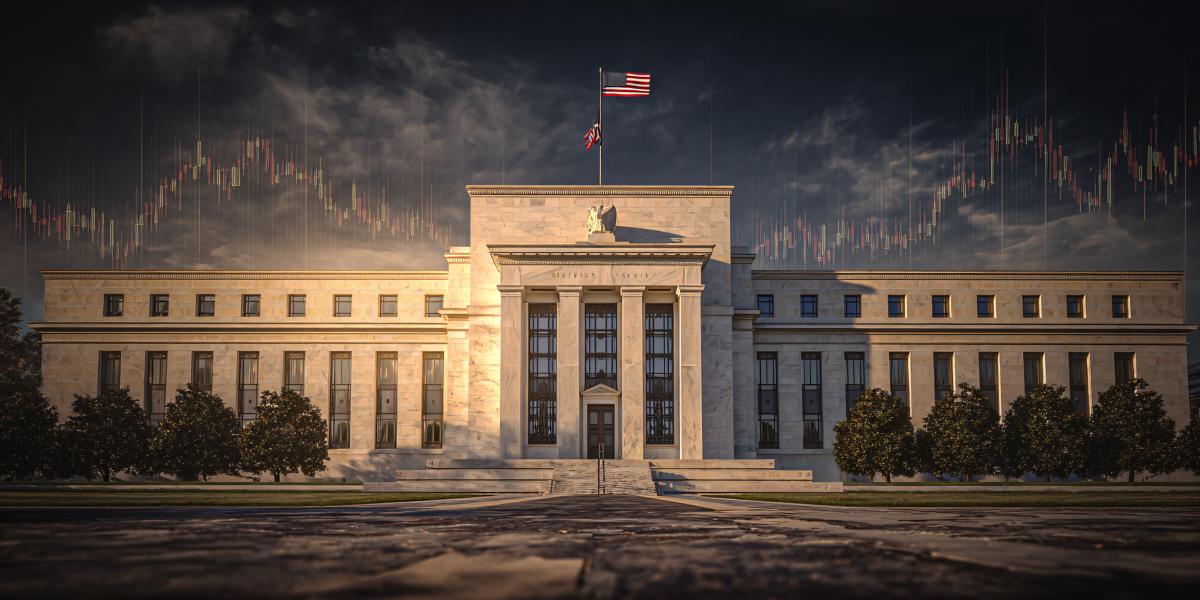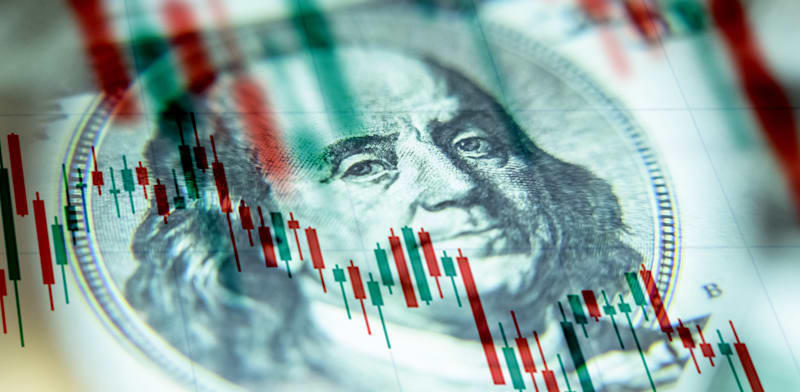In order to gain insight into the state of the economy, some analysts utilize consumer and business surveys. Randomly-selected consumers and businesspersons are asked to provide their views about the state of the economy. If a survey shows that the majority of those surveyed express optimism, it is regarded as good news for the economy. Conversely, if the majority of those surveyed are pessimistic, it is taken as a bad omen.
Since the information regarding economic conditions is dispersed, the chances of any particular individual having an accurate picture of the state of the economy are low. Hence, it would appear that selecting a large number of individuals randomly has a higher likelihood of securing an accurate picture of economic conditions than one individual. It is quite possible that a group of individuals will have more information than any given individual. However, more information does not necessarily mean a better understanding of economic conditions.
In order to ascertain reality, any information must be processed through a theoretical framework. Whether the assessment of economic conditions “makes sense” is determined, not only by the amount of information available, but also whether a theory is aligned with reality. As long as the individuals surveyed have not disclosed the theories behind their views, there is no compelling reason to regard various confidence or sentiment surveys as the basis for the assessment of the state of the economy.
Also, consumer and business surveys are considered useful because these surveys could establish likely changes in the demand for goods and services. Thus, an increase in consumer and business confidence indexes can be associated with an increase in the demand for goods and services. Conversely, a decrease in the indexes raises the likelihood that the demand for goods and services will decrease. Given the popular view that demand causes supply, it seems that by establishing the likely direction of the confidence indexes one can ascertain the likely future course of the economy. However, following the Say’s law, we know that increases in supply allow for increases in demand (i.e., supply causes demand and not the other way around). What is required for economic growth is production, saving, and development of the capital structure. Furthermore, according to Mises the knowledge of the future can only be qualitative,
Economics can predict the effects to be expected from resorting to definite measures of economic policies. It can answer the question whether a definite policy is able to attain the ends aimed at and, if the answer is in the negative, what its real effects will be. But, of course, this prediction can be only “qualitative.” It cannot be “quantitative” as there are no constant relations between the factors and effects concerned.
Can Positive Thinking Prevent a Fall in Economic Activity?
Assuming that expectations are the key driving force of the economy, some commentators hold that “positive” thinking and large doses of “good” news can prevent the development of pessimistic expectations and, in turn, bad economic conditions. According to this way of thinking, individuals are depicted as driven by a psychology susceptible to wild swings. It is then crucial not to upset this psychology in order to keep the economy prosperous. Hence, whenever various commentators discuss the state of the economy, they try to portray the bright aspect of it. Even when the economy falls into a recession, various influential commentators are very guarded in their speech. On this, Rothbard wrote,
After the disaster of 1929, economists and politicians resolved that this must never happen again. The easiest way of succeeding at this resolve was, simply to define “depression” out of existence. From that point on, America was to suffer no further depressions. For when the next sharp depression came along, in 1937-38, the economists simply refused to use the dread name, and came up with a new, much softer-sounding word: “recession.”
From that point on, we have been through quite a few recessions, but not a single depression. But pretty soon the word “recession” also became too harsh for the delicate sensibilities of the American public. It now seems that we had our last recession in 1957-58. For since then, we have only had “downturns,” or, even better, “slowdowns,” or “sideways movements.” So be of good cheer, from now on, depressions and even recessions have been outlawed by the semantic fiat of economists; from now on, the worst that can possibly happen to us are “slowdowns.” Such are the wonders of the “New Economics.”
The main reason for this gentle talk is a view that soft language will not upset individuals’ confidence. If individual confidence is kept stable, then stable economic activity will allegedly follow. Therefore, because of these assumptions, many economists hold that government and central bank policies must be transparent. If policies are made known in advance, surprises will be avoided and volatility will be reduced.
Instead, what matters is not whether expectations are stable, but whether expectations correspond to reality. Stable expectations cannot undo the damage caused by loose monetary and fiscal policies. Moreover, irrespective of whether individuals are successful in identifying the facts of reality or not, these facts will assert themselves.
Expectations in Free versus Hampered Markets
Expectations emerge in response to an individual’s evaluation of the facts he knows and his presupposed theory (whether consciously acknowledged or not). In a free market economy, whenever individuals form expectations that run contrary to reality, this brings about consequences that incentivizes a renewed evaluation and different actions.
For instance, as a result of an incorrect evaluation, too much capital was invested in the production of product A and too little invested in the production of product B. The effect of the over-investment in the production of A is to depress profits, because the excessive quantity of A can only be sold at prices that are low in relation to costs. The effect of under-investment in the production of B will raise its price in relation to cost, and will raise its profit. It is likely that we would then see a withdrawal of capital from A and a channeling towards B, implying that if investment goes too far in one direction, and not far enough in another counteracting forces of correction will be set in motion. In a free market, reality reasserts dominance quickly in a free market because ignoring it is costly.
On the other hand, this is not the case in a distorted market economy. By enforcing their policies, governments and central banks can set a platform for a prolonged deviation of expectations from reality. This results in severe distorted expectations and costly consequences.
Conclusion
We can conclude that, in a free market economy, individuals’ expectations will have a tendency to move in tandem with reality. This is in contrast to a hampered economy where government and central bank policies give rise to expectations that are uncoordinated with reality. Therefore, the fact that a large group of people express an opinion regarding the state of economic conditions does not make it more accurate than the view expressed by any particular individual.

























